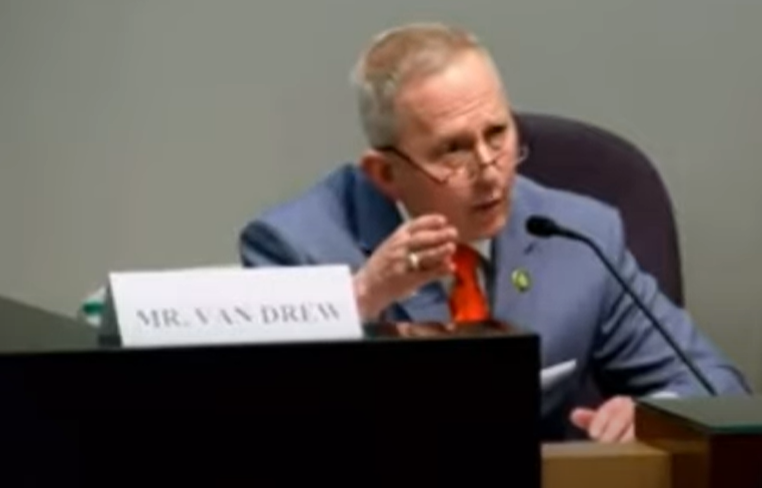
A debt ceiling compromise bill cleared the U.S. House late Wednesday, and the final vote witnessed numerous Democrat and Republican defections.
Among the dissenting Republicans was Jeff Van Drew (R, NJ-02), an ordinarily reliable ally of Speaker Kevin McCarthy. The South Jersey Democrat-turned-populist conservative Republican was one of 71 GOP representatives (!) to vote against the speaker’s deal hammered out with the White House’s blessing. Van Drew signaled his support for the original GOP proposal which included steep budget cuts.
“The Limit, Save, Grow Act, passed by House Republicans, responsibly raised the debt limit while reining in spending,” Van Drew tweeted earlier in the day. “The Fiscal Responsibility Act simply does not live up to the expectations we set, and I cannot in good conscience vote for it. I will be a no vote.”
New Jersey’s other GOP congressmen – Chris Smith (R, NJ-04) and Tom Kean Jr. (R, NJ-07) – voted for the bill.
“Today, I joined Republicans and Democrats in passing the Fiscal Responsibility Act. This legislation stops the runaway spending, cutting $2.1 trillion – the largest cut in American history while fully funding vital programs such as Social Security, Medicare, and veterans’ benefits,” Kean, who is in his first term, explained in a press release. “By prioritizing responsible spending and reducing wasteful practices, we are laying the foundation for a stronger, more prosperous future for all Americans. I will continue to fight for government spending that better reflects New Jersey’s priorities and ensures the long-term fiscal health of our nation. This is a significant step towards a more responsible and sustainable government.”
Smith highlighted what his office described as “the largest claw back of funding in US history, including $28 billion in unspent COVID funds.”
“American taxpayers simply cannot afford President Biden’s reckless spending spree, which shows absolutely no regard for our children and grandchildren who will have to pay a huge price for today’s profligate government spending and the borrowing needed to sustain it,” said Smith.
The most significant impact of the bill, however, may be felt in the GOP caucus rather as opposed to the economic sphere. 71 defections is a dramatic turn of event for a speaker whose gavel depends upon corralling a very slim majority heading into a contentious federal election cycle. Meanwhile, every member of New Jersey’s Democrat delegation supported the compromise.


